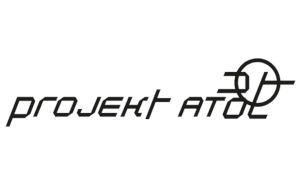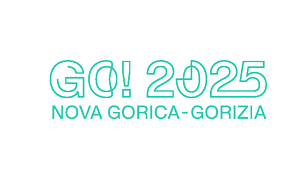The proposed presentation will be a multilayered dialogue between Petrič’s artistic research into automation of care and Wołodźko philosophy of contamination (Wołodźko, 2023) as a framework for encountering industrial greenhouses.
Positing the greenhouse as a test-bed for future automation-centered ecosystems, we identify the necessity to address the complex, omnipresent and potentially violent relationships emerging within all-enveloping infrastructures of automation – what we term as an awkward intimacy. Intimacy here is understood as never neutral; it is close and transformative and thus inherently risky. To be intimate is to be open to transformations that cannot be predicted or controlled. In this way, intimacy has a capacity to contaminate, to penetrate bodies in ways that intensify their multiple scales of existence, albeit unevenly. But rather than imagine possibilities of escaping automation, rather than desiring the position of innocence, we propose to embrace difficult and complex relationalities with it, as already practised by Petrič in her “Performative Ethnographies” – it is “an embodied observation practice that creates a possibility for the lay audience to not only experience these spaces but also to employ a particular embodied perspective from which their observation will take place, e.g. a plant, a DNA, a ping-pong player, a vampire, a farmer, an engineer” (Wołodźko, 2024). In her work, Petrič experiments with creating encounters with the multiple bodies of automation through intimate because embodied relations of care - relations that migrate, that are thin, elusive, and yet significant (Kasmani 2023).
In our presentation, we will look into how Petrič’s artistic research practice and her residency together with Wołodźko in the greenhouse help us to not only understand how it is possible to encounter automation as affective relation, but also, what are the implications of closely embracing its unequally transformative relationality.
Agnieszka Anna Wołodźko, PhD, is a lecturer and researcher teaching contemporary philosophy and art-science at AKI Academy of Art and Design ArtEZ since 2017. At AKI she has founded a biolab kitchen space and the BIOMATTERs, an artistic research programme that explores how to work with living matters. Her research focuses on post-humanism, ecocriticism, affect theory and new materialism at the intersection of art, ethics and (bio)technology. Selected publications include: “On Špela Petrič’s Performative Ethnography or How to Contaminate Automation” in Šum 2024; Špela Petrič and Agnieszka Anna Wołodźko, “Awkward Intimacies” in Antennae 2024; Affect as Contamination. Embodiment in Bioart and Biotechnology, Bloomsbury 2023; “Ars Demones*2022*Manifesto,” in Footprint. Delft Architecture Theory Journal; “Demonological re-enchantments – or how to contaminate through intimate stories of commons without consensus,” in Technoetic Arts: A Journal of Speculative Research; ‘Living Within Affect As Contamination: Breathing In Between Numbers’ in Capacious: Journal for Emerging Affect Inquiry.
Špela Petrič is a Slovenian hybrid media artist with a background in the natural sciences. Her artistic research and practice combines (bio)media and performativity to enact strange relations between bodies that question the underpinnings of our (bio)technological societies. Recently she has been busy with looking closely at automation of care in agriculture and medicine.
Back








